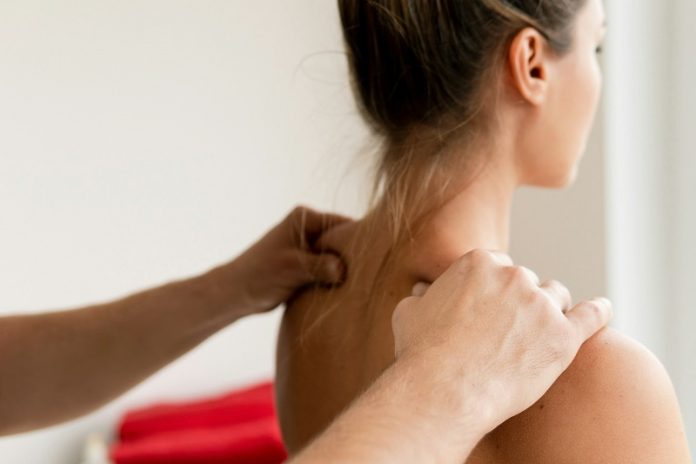
Even before the COVID-19 pandemic, nurses faced high levels of burnout and staffing shortages due to the stressful nature of their job. The pandemic only made things worse, pushing many nurses to the brink.
With nearly one-third of Missouri’s nurses nearing retirement, it’s more important than ever to find ways to keep nurses in the profession and prevent a crisis in our healthcare system.
While many studies have shown that burnout is a serious problem, few have looked at practical solutions to help nurses cope with the challenges they face.
A recent study from the University of Missouri offers a simple yet effective way to address this issue: giving nurses massages during their work shifts.
The study found that these massages not only eased physical aches and pains but also left nurses feeling mentally refreshed and ready to continue their work.
This discovery could inspire healthcare leaders to consider similar interventions to improve employee well-being and reduce the high turnover rates in their staff.
The study, published in the journal Complementary Therapies in Clinical Practice, was led by Jennifer Hulett, a nurse with 30 years of experience who now conducts research at Mizzou’s Sinclair School of Nursing.
Hulett has seen firsthand how the demanding 12-hour shifts common in nursing lead to physical discomfort, chronic stress, and a high rate of burnout. She noted that many nurses leave the profession for less stressful jobs, creating a cycle of staffing shortages and inexperienced new hires.
“I’ve witnessed the physical and mental toll this job takes on nurses,” Hulett said. “Nurses dedicate their lives to caring for patients, but no one is taking care of the nurses. I’m determined to change that by promoting interventions that improve their well-being.”
In the study, nurses were surveyed about their physical and mental health before and after receiving 15-minute massages twice a week during their shifts over the course of a month. The results were clear: the massages reduced the nurses’ aches and pains, and more importantly, they reported feeling rejuvenated and ready to return to work afterward.
This boost in mental well-being could play a key role in helping nurses stay in the profession longer.
Hulett’s goal is to create a healthier work environment where nurses are excited to come to work and feel supported in their roles.
While massages are just one option, she believes that exploring other interventions could further improve nurses’ well-being and reduce burnout. This, in turn, could help address staffing shortages and ensure that patients receive the best care possible.
“If we don’t start thinking outside the box, the staffing shortages will only get worse,” Hulett said. “This impacts not just the nurses but also the quality of care that patients receive. It’s time to act.”
If you care about wellness, please read studies about how ultra-processed foods and red meat influence your longevity, and why seafood may boost healthy aging.
For more information about wellness, please see recent studies that olive oil may help you live longer, and vitamin D could help lower the risk of autoimmune diseases.



